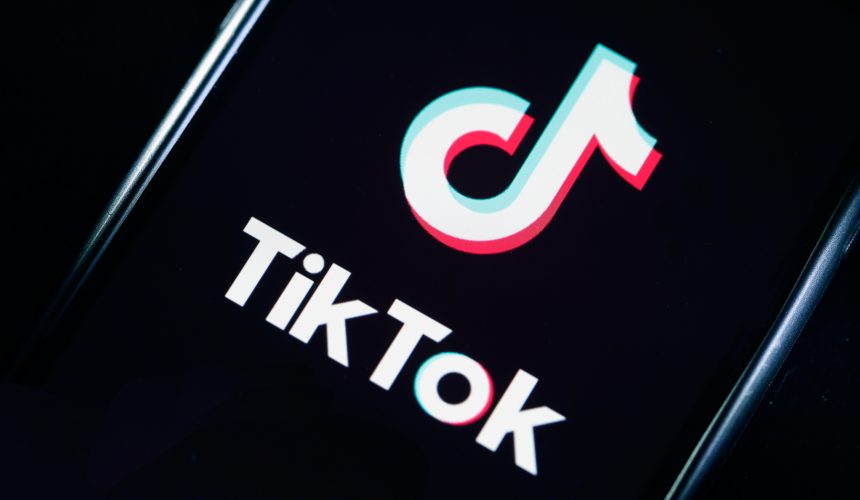What marketing jargon have you encountered recently and what do you think about it? Share with us on this platform. We share this one that may be an interesting read. Enjoy it!
The country’s Internet and mobile phone penetration has had a huge impact on many aspects of the economy from e-commerce to m-Commerce, and e-Payment, among others. With over 95 million subscribers the Nigerian digital advertising market is one industry that has recorded huge growth as a result of the country’s explosive mobile growth.
A research conducted by an independent mobile advertising network in the world, reveals that mobile media consumption continues to grow exponentially in Nigeria and, indeed, across much of the African continent. The rise in popularity of mobile, content and native advertising and the continued focus on digital leads to one question: Does anyone really know what they are?
This is the more reason why marketing, an entire field of work, with no metrics, for comparison of talent is not regarded as a profession, but rather a sort of art form. However, as technology becomes a major tool of the trade, the need to move in the direction of accuracy becomes a necessity.
Marketing has changed a bit since the 80s. Everything has become unstable and the meaning of an extensive array of terms has become blurred. The scale of change affords marketers an excuse for sloppiness, but they also create the need for more exact language. Below are the three most common centres of vagueness and how to introduce and properly understand the nitty gritty of it.
Digital Advertising
Probably the most widely used expression of the industry for the last 10 years and yet few people would agree on what it means. Technically, it would be like a material that is constructed only of data and has no physical elements and that uses paid-for media for distribution.
However, in reality it seems to be more of an aesthetic description for something new, something that spreads “online” and something that takes little physical form. Precisely, a TV commercial is digital advertising, as is a video pre-roll, an interactive bus stop poster and print ad in the wired i-Pad application. On the other hand a YouTube channel, a tweet, Facebook page, website, viral film or an app are all not digital advertising.
Now to draw the line between these outputs is absurd because digital agencies don’t respect this line. Consequently, is it not better to throw out the word digital forever?
Mobile Advertising
Mobile advertising has never been defined but it seems there is no need to because it was a form of communication that was paid for and that appeared on a mobile screen, but in a world of SMS marketing and WAP Internet was pretty easy to define.
As laptops became smaller, tablets developed and operating systems for mobile grew more complex and similar to desktop, things got messy. Mobile became the intersection of content creation, social media, maps, phone calls, email, iBeacons, search, coupons, and so on.
This is a huge problem. In a world where smart watches has emerged, wherever more possibilities arise, calling this mobile advertising will create a mind-set that will stifle innovation. Mobile should be thought of as 10 channels in one and a different design for each.
Content Marketing: This term technically means using platforms to promote or sell things or change behaviour, which seems to include every form of marketing ever known. Like so many marketing terms, the notion of content marketing, seems to have been defined by knowing it when you see it.
Content marketing seemingly includes some apps, video content online, long-form copy ads and branded professionally made TV shows. It’s become synonymous with advertising that’s trying to provide a bit more information, entertainment and ultimately more value.







Comment
No comments found.